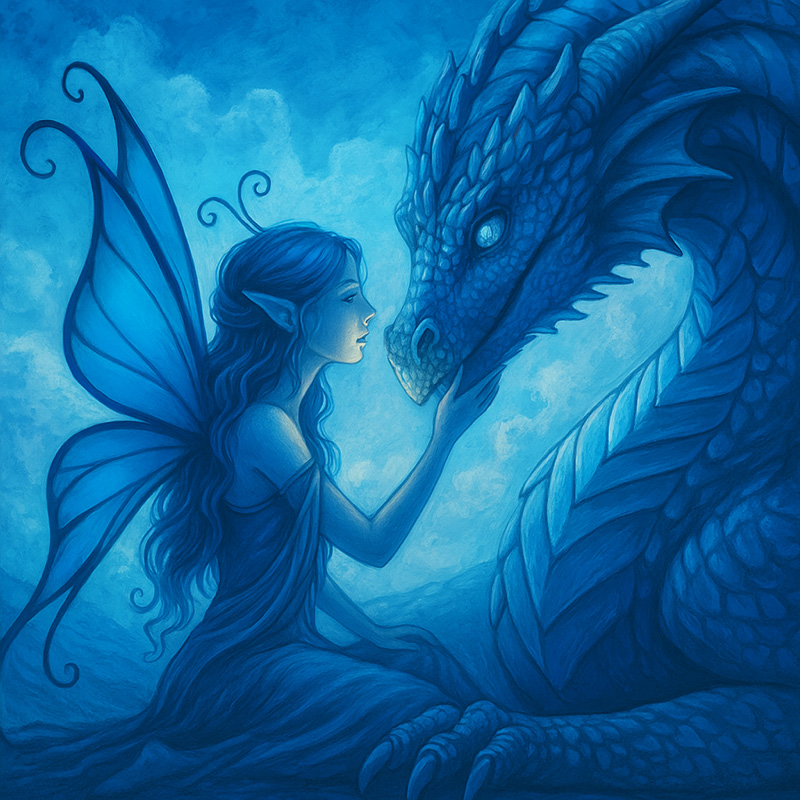Category: Uncategorized
-

The Funny Thing About Research
About Rayne Hall Rayne Hall has published more than forty books under different pen names with different publishers in different genres, mostly fantasy, horror and non-fiction. Recent books include Storm Dancer (dark epic fantasy novel), 13 British Horror Stories, Six Scary Tales Vol 1, 2, 3, 4 (creepy horror stories), Six Historical Tales (short stories), Six Quirky Tales (humorous fantasy stories), Writing Fight Scenes, The World-Loss Diet, Writing…
-

Writing Craft: Alone Into Danger
Buy Writing Scary Scenes A guest post by Rayne Hall Have you written a horror story, or are you working on a frightening scene? Here’s a professional technique for making it even scarier. Solitary adventures are more dangerous than group adventures. In nature, an animal which becomes separated from the herd is vulnerable to predators.…
-

Writing Battle Scenes
A guest post by Rayne Hall. Here are some techniques for creating powerful, exciting, realistic battle scenes. The biggest challenge in writing a battle scene is the point of view. To make the experience exciting and moving, it’s best to stick to the perspective of a single fighter. However, the individual soldier can’t see what…
-

Look Inside Alexia Purdy’s Ever Shade
I’m excited to join five other amazing fantasy authors in a new collection, Faery Worlds. For the rest of the week I’ll be featuring the other novels you can find in this ebook full of magic, love and fae. Alexia Purdy’s Ever Shade (A Dark Faerie Tale #1) A dark twist on faeries. For Shade,…
-

Look Inside Jenna Elizabeth Johnson’s Faelorehn
I’m excited to join five other amazing fantasy authors in a new collection, Faery Worlds. For the rest of the week I’ll be featuring the other novels you can find in this ebook full of magic, love and fae. Jenna Elizabeth Johnson’s Faelorehn Meghan has been strange her entire life: her eyes change color and…
-

10 Things You Need To Know About Publishing FanFic on Amazon
Legolas Teg the Urban Elf and Snape Damon have an intense confrontation in this fan fic Kindle Worlds story Amazon is rocking the publishing world once again with a brand new kind of publishing: legal fan fic. Okay, there have been licensed novels before… Star Trek novels, Star Wars novels, movie novelizations… but this is…
-

Look Inside Anthea Sharp’s Feyland: The Dark Realm
I’m excited to join five other amazing fantasy authors in a new collection, Faery Worlds. For the rest of the week I’ll be featuring the other novels you can find in this ebook full of magic, love and fae. Anthea Sharp’s Feyland: The Dark Realm Faeries. Computer games. When realms collide, a hero from the…
-

Look Inside JL Bryan’s Fairy Metal Thunder
I’m excited to join five other amazing fantasy authors in a new collection, Faery Worlds. For the rest of the week I’ll be featuring the other novels you can find in this ebook full of magic, love and fae. JL Bryan’s Fairy Metal Thunder A teenage garage band steals instruments from the fairy world and…
-

Look Inside Elle Casey’s War of the Fae: Book 1 (The Changelings)
I’m excited to join five other amazing fantasy authors in a new collection, Faery Worlds. For the rest of the week I’ll be featuring the other novels you can find in this ebook full of magic, love and fae. Elle Casey’s War of the Fae: Book 1 (The Changelings) Jayne Sparks, a potty-mouthed, rebellious seventeen-year-old, and…
